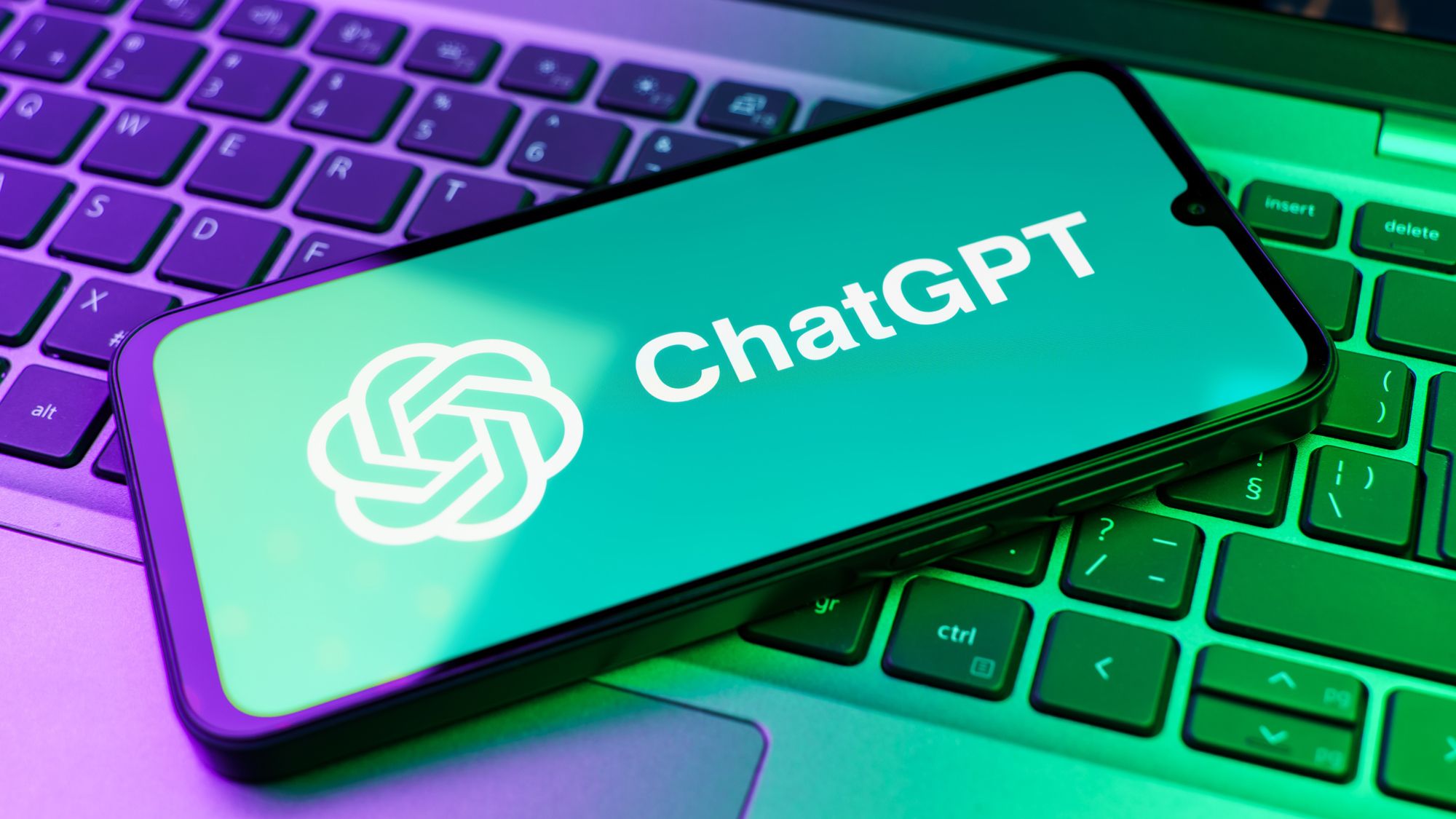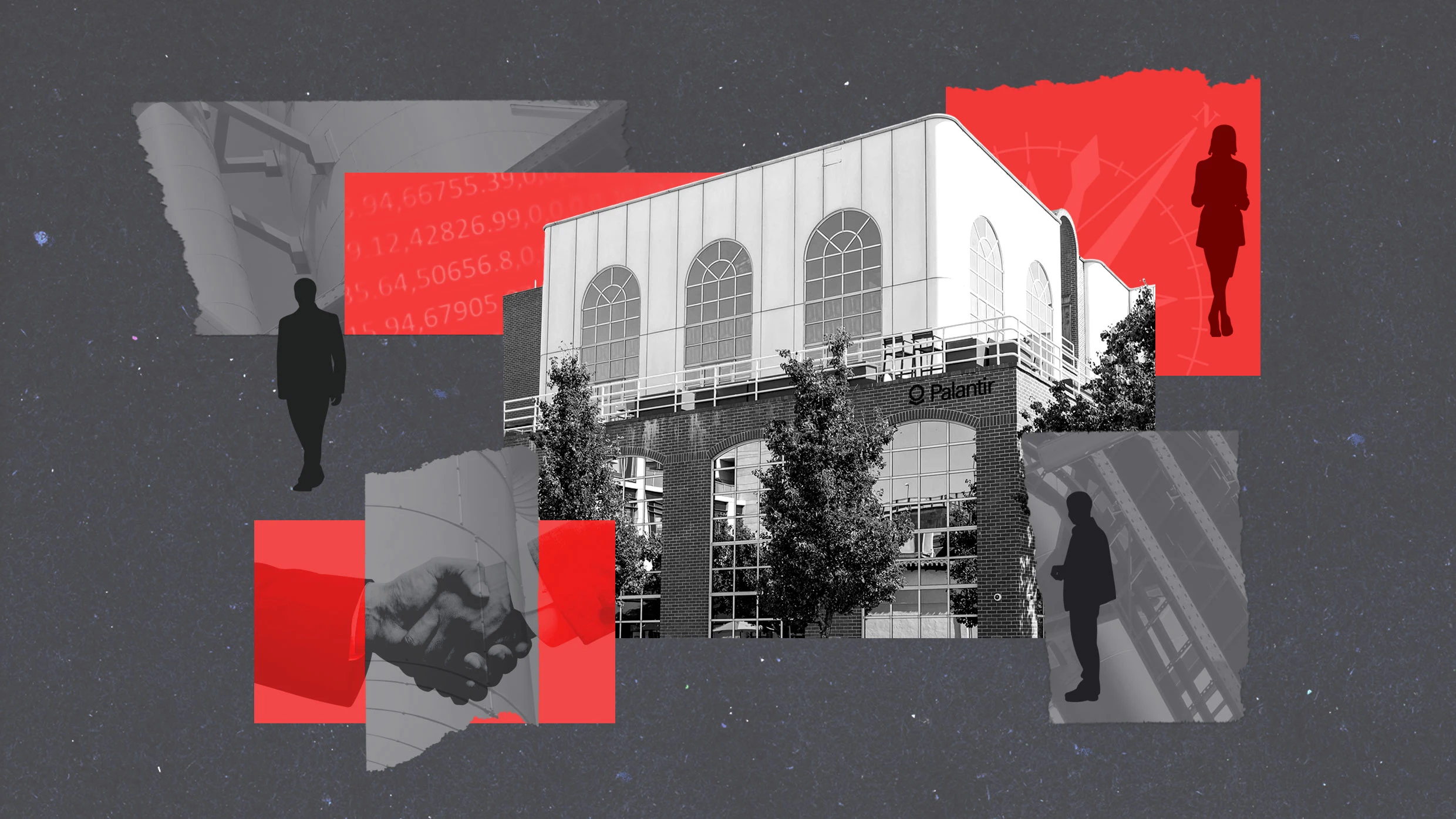For decades now, we have been told that artificial intelligence systems will soon replace human workers. Sixty years ago, for example, Herbert Simon, who received a Nobel Prize in economics and a Turing Award in computing, predicted that “machines will be capable, within 20 years, of doing any work a man can do.” More recently, we have Daniel Susskind’s 2020 award-winning book with the title that says it all: A World Without Work,
Are these bleak predictions finally coming true? ChatGPT turns 3 years old this month, and many think large language models will finally deliver on the promise of AI replacing human workers. LLMs can be used to write emails and reports, summarize documents, and otherwise do many of the tasks that managers are supposed to do. Other forms of generative AI can create images and videos for advertising or code for software.
From Amazon to General Motors to Booz Allen Hamilton, layoffs are being announced and blamed on AI. Amazon said it would cut 14,000 corporate jobs. United Parcel Service (UPS) said it had reduced its management workforce by about 14,000 positions over the past 22 months. And Target said it would cut 1,800 corporate roles. Some academic economists have also chimed in: The St. Louis Federal Reserve found a (weak) correlation between theoretical AI exposure and actual AI adoption in 12 occupational categories.
Yet we remain skeptical of the claim that AI is responsible for these layoffs. A recent MIT Media Lab study found that 95% of generative AI pilot business projects were failing. Another survey by Atlassian concluded that 96% of businesses “have not seen dramatic improvements in organizational efficiency, innovation, or work quality.” Still another study found that 40% of the business people surveyed have received “AI slop” at work in the last month and that it takes nearly two hours, on average, to fix each instance of slop. In addition, they “no longer trust their AI-enabled peers, find them less creative, and find them less intelligent or capable.”
If AI isn’t doing much, it’s unlikely to be responsible for the layoffs. Some have pointed to the rapid hiring in the tech sector during and after the pandemic when the US Federal Reserve set interest rates near zero, reports the BBC’s Danielle Kaye. The resulting “hiring set these firms up for eventual workforce reductions, experts said—a dynamic separate from the generative AI boom over the last three years,” Kaye wrote.
Others have pointed to fears that an impending recession may be starting due to higher tariffs, fewer foreign-worker visas, the government shutdown, a backlash against DEI and clean energy spending, ballooning federal government debt, and the presence of federal troops in US cities.
For layoffs in the tech sector, a likely culprit is the financial stress that companies are experiencing because of their huge spending on AI infrastructure. Companies that are spending a lot with no significant increases in revenue can try to sustain profitability by cutting costs. Amazon increased its total CapEx from $54 billion in 2023 to $84 billion in 2024, and an estimated $118 billion in 2025. Meta is securing a $27 billion credit line to fund its data centers. Oracle plans to borrow $25 billion annually over the next few years to fulfill its AI contracts.
“We’re running out of simple ways to secure more funding, so cost-cutting will follow,” Pratik Ratadiya, head of product at AI startup Narravance, wrote on X. “I maintain that companies have overspent on LLMs before establishing a sustainable financial model for these expenses.”
We’ve seen this act before. When companies are financially stressed, a relatively easy solution is to lay off workers and ask those who are not laid off to work harder and be thankful that they still have jobs. AI is just a convenient excuse for this cost-cutting.
Last week, when Amazon slashed 14,000 corporate jobs and hinted that more cuts could be coming, a top executive noted the current generation of AI is “enabling companies to innovate much faster than ever before.” Shortly thereafter, another Amazon rep anonymously admitted to NBC News that “AI is not the reason behind the vast majority of reductions.” On an investor call, Amazon CEO Andy Jassy admitted that the layoffs were “not even really AI driven.”
We have been following the slow growth in revenues for generative AI over the last few years, and the revenues are neither big enough to support the number of layoffs attributed to AI, nor to justify the capital expenditures on AI cloud infrastructure. Those expenditures may be approaching $1 trillion for 2025, while AI revenue—which would be used to pay for the use of AI infrastructure to run the software—will not exceed $30 billion this year. Are we to believe that such a small amount of revenue is driving economy-wide layoffs?
Investors can’t decide whether to cheer or fear these investments. The revenue is minuscule for AI-platform companies like OpenAI that are buyers, but is magnificent for companies like Nvidia that are sellers. Nvidia’s market capitalization recently topped $5 trillion, while OpenAI admits that it will have $115 billion in cumulative losses by 2029. (Based on Sam Altman’s history of overly optimistic predictions, we suspect the losses will be even larger.)
The lack of transparency doesn’t help. OpenAI, Anthropic, and other AI creators are not public companies that are required to release audited figures each quarter. And most Big Tech companies do not separate AI from other revenues. (Microsoft is the only one.) Thus, we are flying in the dark.
Meanwhile, college graduates are having trouble finding jobs, and many young people are convinced by the end-of-work narrative that there is no point in preparing for jobs. Ironically, surrendering to this narrative makes them even less employable.
The wild exaggerations from LLM promoters certainly help them raise funds for their quixotic quest for artificial general intelligence. But it brings us no closer to that goal, all while diverting valuable physical, financial, and human resources from more promising pursuits.
The early-rate deadline for Fast Company’s World Changing Ideas Awards is Friday, November 14, at 11:59 pm PT. Apply today.











